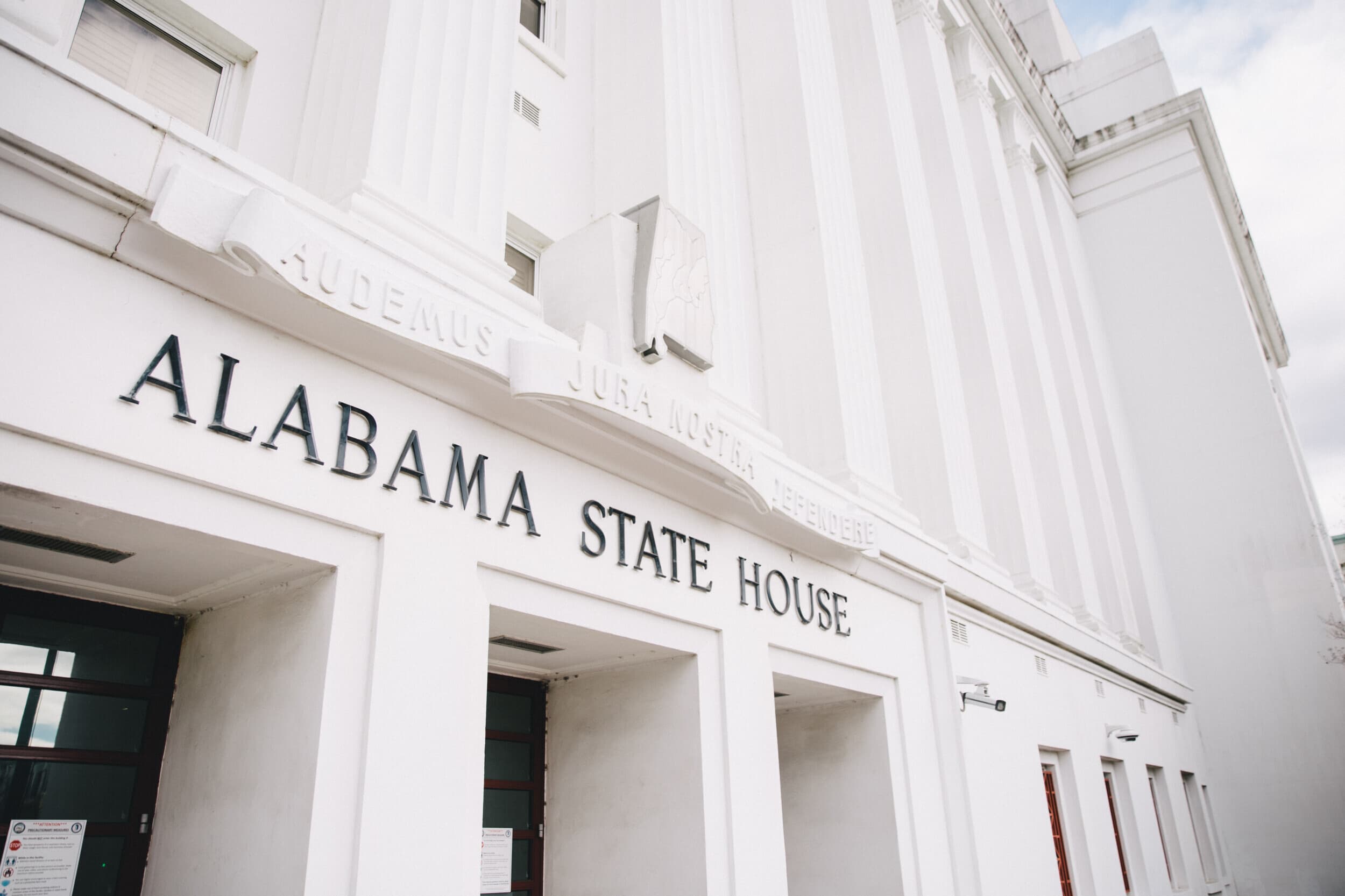The Alabama Legislature will gavel in on Tuesday for the 26th legislative day out of the 30 allowed under the State Constitution. With such limited time, both legislative bodies will attempt to pass priority bills before time runs out.
According to information obtained by 1819 News, the House is planning on tackling two calendars: one exclusively for sunset bills and the other for a mixture of House and Senate bills.
Sunset bills refer to the periodic re-upping of various licensing boards and commissions, requiring the legislature's approval after a given number of years for the board to continue.
Several of the 19 bills on the proposed special-order calendar will spark controversy and debate on the House floor.
Sex-Ed reform
House Bill 195 (HB195) by State Rep. Susan DuBose (R-Hoover) would restrict the state's sex-ed curriculum and allow for legal cause of action against school officials who violate the bill's provisions.
HB195 would require that any K-12 sex education or human reproductive curriculum or program teach sexual risk avoidance and encourage the avoidance of any nonmarital sexual activity.
The bill would also prohibit any sex education program from supporting, demonstrating, or providing a referral to or information about how to acquire an abortion, the use of or providing distribution of information regarding contraceptives, and from using graphic sexually explicit materials, normalizing teenage sexual activity, or promote or encourage nonmarital sexual activity.
In addition to requiring parental notification of any sex-ed curriculum, HB195 also would prohibit any local board of education from using the services of any individual or organization that endorses an approach to sex education that does not prioritize abstinence or that advocates for or performs abortions.
State Health Officer and State Committee of Health reform
Senate Bill 128 (SB128) by State Sen. Tim Melson (R-Florence) would require the governor to appoint the State Health Officer from a list of candidates submitted by the State Committee of Public Health. The bill also removes the synonymous relationship between the Medical Association for the State of Alabama (MASA) and the State Committee of Public Health.
The committee, currently composed of 12 members of the MASA board of censors and four additional state chairs, appoints the State Health Officer.
The amended bill changes the makeup of the State Committee of Public Health, gradually removing MASA appointees until the committee's final form manifests in May 2027.
Beginning May 1, 2027, the State Committee of Public Health will comprise eight physicians appointed by MASA. Additionally, the Alabama State Society of Anesthesiologists, the Alabama Academy of Family Physicians, the American College of Obstetricians and Gynecologists, the Alabama Medical Directors Association, the Council on Dental Health, the Council on Animal and Environmental Health, the Council on the Prevention of Disease and Medical Care, and the Council on Health Costs, Administration, and Organization will each receive one appointment.
The bill also allows the governor, lieutenant governor, speaker of the House of Representatives, or President Pro Tempore of the Senate to petition the committee to override or discipline the state health officer if a majority agrees on some official wrongdoing.
Gun purchase tracking
House Bill 389 (HB389), by State Rep. Shane Stringer (R-Citronelle), follows the pattern of several states that have passed similar legislation to address the recent implementation of Merchant Category Codes (MCCs) for gun and ammunition purchases.
Gun rights advocates have opposed the use of firearm-specific MCCs since the stated purpose is to collect and report suspicious gun activity and develop algorithms to report it to law enforcement. Data collection on gun owners and their purchases has led many to fear potential discrimination or reprisal by the government for purchasing firearms. Additional concerns exist for the collection of a compulsory de facto gun database that could be used to track or persecute gun owners.
The bill would prohibit financial institutions or payment processors from assigning or requiring a merchant to use a firearms code in a way that distinguishes a firearms retailer physically located in Alabama from general merchandise retailers or sporting goods retailers. It would also prohibit financial institutions from declining to process lawful payments based on the assignment of gun-specific MCCs.
The bill would also prevent any state agency from keeping a record or registry of privately owned firearms their owners, except in the regular course of a criminal investigation and prosecution or as required by state law.
Automatic firearm conversion ban
House Bill 36 (HB36) by State Rep. Phillip Ensler (D-Montgomery) would prohibit citizens from possessing the necessary components to convert a semi-automatic firearm into an automatic or machine gun. The prohibitions provided in the bills are currently federal crimes and punishable only by federal law. Ensler said a state prohibition would allow state and local police to enforce the ban instead of relegating enforcement to the feds. If passed, the law would not apply to those already federally licensed to possess automatic firearms and their components.
To connect with the author of this story or to comment, email craig.monger@1819news.com.
Don't miss out! Subscribe to our newsletter and get our top stories every weekday morning.










